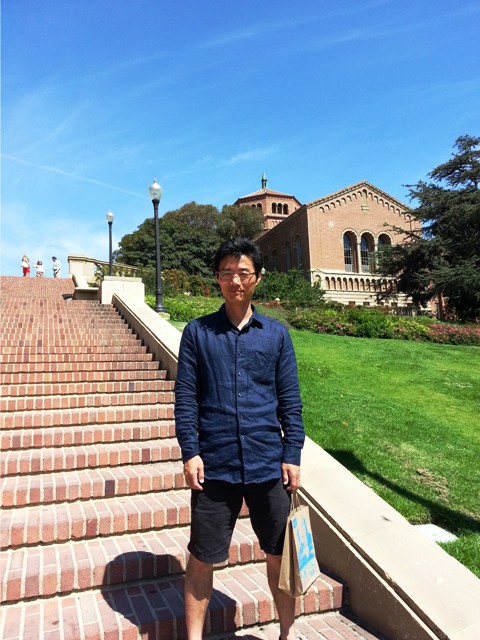| |
 |
|
| ▲ Jeju based lawyer Moon Geon-sik has an interest in legal rights for foreigners living on the island Photo by Moon Geon-sik |
Dear readers, time flows and this is already my fourth article. This time, I will give a basic introduction to the Korean pension system.
Pension is the money that the employer gives to the employee after the labor relationship is over. It is postpaid and in Korea it is compulsory by law (Guarantee of Workers' Retirement Benefits Act, Labor Standards Act).
According to judicial precedent, even if when you sign your contract you agree not to receive any compensation after the end of the contract, this agreement would be invalid as pension must be paid.
Furthermore if an employee wants to give up their pension after leaving their job, this is only allowed after confirmation is made that the giving up of the pension is the employee's will and not a decision made under duress.
Because the pension is part of the wage, it has to be paid as a direct payment that is not allowed to be canceled.
When the employee leaves their job it means the labor relationship is over between the employee and employer.
The employer has to pay the pension not only when the employee leaves their job on their own will, but also when the employee is fired because of mistakes they made in work.
To get the pension, the working period has to be continuously for one year or longer.
According to the judicial precedent, even if the employee is employed on a day-to-day basis, if the working relationship continues for a year or longer, he/she will get the pension as a regular worker.
Also, if the employee finishes a short term contract and is recruited again soon after the contract finishes, but works in the time between the two contracts, the employer has to pay the pension as if the work continued. All in all, the de facto labor relationship is the most important part, not the contract itself.
To calculate the pension that must be paid, multiply the working year with 30 days of the average wage at the leaving time ( the average wage is 3 months average wage before leaving the job). Set working period as X years, Y months and Z days:
Legal pension= (X years+ Y months/12 months+Z days/365)*30 days* 1 day average wage
The employer will receive a criminal penalty if he/she doesn't pay the pension after 14 days of the employee leaving.
The pension bond will lapse if the employer doesn't claim the pension in 3 years. When you haven't received the pension, you can report to the Local Labor Relations Commission. |




















